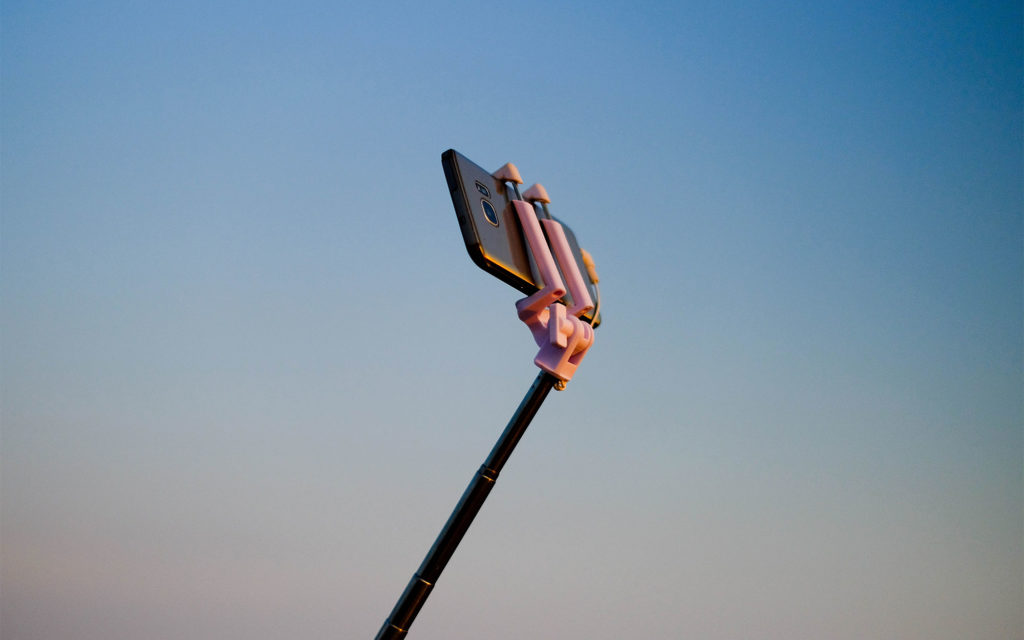
Chapter 2: Consumerism’s Gods and Goddesses
Jay-Z and Beyonce are prime examples of how Consumerism makes Gods and Goddesses of the rich and famous. A rapper/business mogul worth $600 million, Jay-Z is the cool money-maker who wins the game of “he who dies with the most toys wins” and “the man with the most money gets the sexiest girl.” Beyonce is the female version of the super-successful, sexually liberated modern woman.
Of course both are famous as well. This spells success in an age with TV shows called “American Idol” and “Keeping Up With The Kardashians,” as the goal is to join the pantheon of Gods and Goddesses who get their images in flashy magazines and reality TV shows. As if to make the point, Beyonce put out the CD “Mrs. Carter” (Jay-Z’s real name is Sean Carter) with a cover picturing Beyonce as royalty. The album features a single called “Bow down” where she charges competing divas to bow down and worship her!
What Consumerism does to the rest of us: How we make Gods and goddesses of ourselves
As anthropologist Desmond Morris noted in the 1960s, modern men and women are hard-wired to relate to small groups, as we’ve spent most of the last 2 million years in tribes of roughly 40 people. That we now live in “Supertribes” leads to what Morris calls “frustrated ladder climbing”: Keeping up with the Joneses gets a lot harder when there are millions of them in your tribe! Instead of vying to be top dog of 40, we compare ourselves to Barak Obama and Hillary Clinton. To Bill Gates and Donald Trump. To Beyonce and Jay-Z, whose music videos perform the same envy-inspiring function as the old TV show “Lifestyles of the Rich and Famous” – an old school version of “Keeping Up With The Kardashians.”
Bad as that is, the real problem is not that we make Gods and Goddesses of our pop idols, but that we make Gods and Goddesses of ourselves. Today’s social media let us glorify ourselves in ways past generations never thought possible. “Look at me!” we scream as we put our lives on Facebook, Twitter and Instagram. One young lady I worked with even posted she was out shoe shopping after calling out sick – and her boss was one of her Facebook friends!
But even before Facebook and Twitter, modern technology had given us powers our tribal ancestors could not have imagined in their wildest dreams. With less energy than it takes to say “Let there be light!” we flick a switch and make it so. Turn the faucet and the river comes to us. Click the remote and we access a world of entertainment. Those bold enough to brave airport security and aren’t on the government’s no-fly list have the power of flight. And that’s just the beginning. Today we send messages, talk to and see other human beings all over the globe with hand-held devices that take pictures, play games and access the internet, providing us with answers to critical questions like “Who was Monica Lewinsky and what did she do to Bill Clinton?” Of course cell phones are evolving faster than ever, so it is not enough to do all that. Consumerism’s First Commandment demands that you must have the latest model: “Thou shalt not let the Joneses pass you by!”
So while we could wait until our old cell phones die to replace them, that is something we won’t do, not only because we’d be out of fashion, but because if there’s one thing Gods and Goddesses don’t do, it’s wait. The watchword today is “NOW.” Not the Zen Buddhist’s eternal “Now” of the eternal present moment, but the infantile “I want it NOW!” of a spoiled 3-year-old. A theologian once wrote “Hurry is not of the devil, it IS the devil.” We moderns are firmly in the devil’s grip, running the rat race in order to get the newest stuff lest we buy something that is out of fashion “So many necessities, so little time.”
Consumerism is essentially about worshipping self, and our self-worship (we even have a popular magazine called “Self”), while seemingly rewarding for the attention we receive, is fraught with peril.
